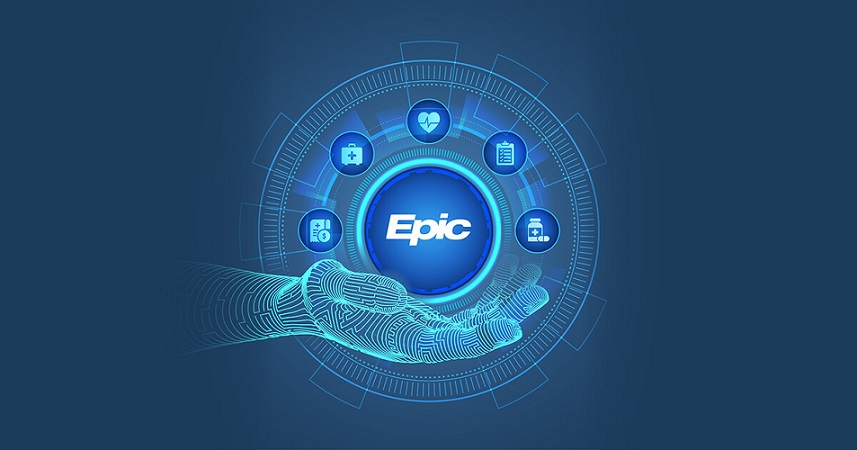Terre Haute, Ind.-based Union Health is transitioning to an Epic EHR to reduce operating costs, enhance data-sharing, and improve cybersecurity, its chief executive told Becker’s.
The two-hospital system plans to go live with the new system in January 2027, allocating millions of dollars and more than two-thirds of its 66-person IT team to the project, which began in August.
“It’s like changing an airplane engine while the plane’s in the air — you’ve got to have everything lined up, and there’s no room for mistakes,” said Steven Holman, president and CEO of the two-hospital system, which has annual revenue just under $1 billion.
Union Health had used Oracle Health (formerly Cerner) EHR since 2017, and GE Centricity before that, but found that Epic offered comparable capital expenses and lower operating costs, Mr. Holman noted. A recent hack of Oracle Health that compromised Union Health patient data, along with uncertainty over Oracle’s new EHR offerings, also influenced the decision.
The decision was further shaped by Indiana University Health in Indianapolis moving to Epic. “Many of the major systems have Epic in the state of Indiana, so that’s excellent for coordination of care,” Mr. Holman said.
He said Union Health only considered Epic and Oracle Health.
He mentioned that Union Health evaluated only Epic and Oracle Health.
“Each of these systems comes with a high price tag,” he said. “They’re a major investment, but we determined that Epic offers the best combination of quality and cost-effectiveness.”
He added, “All of our physician councils fully supported the switch. That said, transitioning systems is never simple, and everyone wants a careful, well-organized process.”
Teams from Union Health have been traveling to Epic’s headquarters in Wisconsin to coordinate plans for the go-live.
Union Health also intends to adopt Epic’s entire suite of AI products, including its planned ambient AI scribe, and join the company’s Cosmos research platform, which incorporates insights from more than 300 million anonymized patient records.
“The physicians are really enthusiastic about it—the listening feature when they enter the room and the wealth of clinical information available from those 300 million patients,” said Mr. Holman.
“It helps reduce paperwork and significantly boosts efficiency, from documenting care plans to placing orders, with far fewer clicks. They’re excited because it improves their day, allowing them to focus more on patient care rather than documentation. Additionally, the peer collaboration and access to best practices enabled through Epic are impressive.”


















